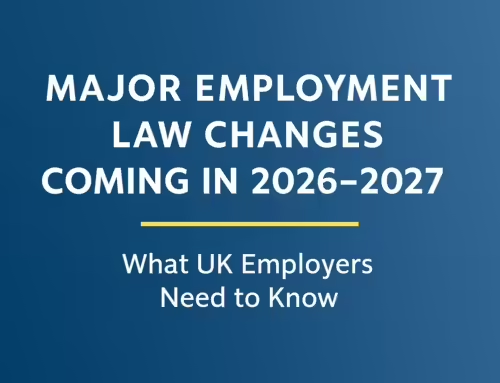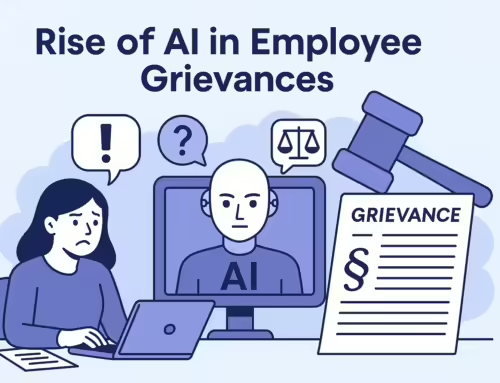Yesterday (10/10/24), the Government announced that major changes to workers’ rights are on their way. While the exact effects of the Employment Rights Bill are still unclear, we now know what to expect and the impact that these changes will have; whether you are an employer or an employee.

Photo by Jeriden Villegas on Unsplash
The announcement brings with it a multitude of seemingly positive changes for employees. The Government aims to make the workplace more compatible with people’s lives and improve support for all employees. Workers can also expect changes which will provide greater job security and improve pay in a number of sectors.

Photo by krakenimages on Unsplash
The Government has reassured employers that these changes will not be at the detriment of businesses. Yesterday’s announcement promises economic growth as a result of these new laws. This is a welcomed reassurance in today’s uncertain economy. Improvements to job security should also boost staff retention and reduce recruitment costs.
How will the Employment Rights Bill Impact Businesses?
The Government described the current employment laws as ‘out-of-date’. The hope is that these changes will be more suitable for a modern economy and will ease any uncertainty amongst workers in the UK. In total 28 reforms have been announced today with the goal of ‘boosting pay and productivity’.
There are still many details which must be ironed out before any legislation can be implemented however, we know roughly what to expect.
Day-One Rights
Workers will have the right to claim unfair dismissal against their employer from their first day. Previously there was a two-year qualifying period but the government plans on drastically cutting this down to the end of an employee’s probation period (the duration of which is also subject to change).
Sick Pay
The waiting period to receive Statutory Sick Pay will be completely removed with the current qualifier of more than three days lowered to the first day that an employee is ill. The amount of Statutory Sick Pay an employee receives will remain at £116.75 per week, for up to 28weeks. However, employees will no longer have to earn at least £123 to be eligible.
Zero-Hour Contracts
Workers with a zero-hour contract will now be guaranteed a certain number of hours a week based on their average number of hours across a 12 week span.
Employees will still be able to remain on a zero-hours contract without a guarantee if they desire and workers may also legally be entitled to compensation if a shift is cancelled or ended early.
Flexible Working
The government plans to introduce legislation which will make flexible working the norm ‘where practical’.
Parental leave and bereavement leave will both also become a ‘day one’ right rather than commencing after a year of employment. This is another step with the aim of ensuring a positive work-life balance for employees.
The proposed introduction of a ‘right to switch off’, which would limit the contact between employers and employees out of office hours, was not mentioned but is seemingly still part of the government’s plans.
Probation Periods
The exact changes which are coming are yet to be announced however, the government has tentatively announced an extension to the maximum length of probation periods to nine months.This has caused concern for trade unions who wish for the limit to be six months to protect employees.
In line with the upcoming changes to unfair dismissals, effectively implementing probation periods will become vital for businesses.
What do Employers Need to do Now?
It is unlikely that the enforcement of these new rights will occur until at least autumn 2026. This delay has left many SME’s with more questions with answers however, it is not necessary for employers to make any major policy changes at the moment.
As further analysis is conducted by employment law professionals, we will have a greater sense of what businesses will have to do in order to comply with these new laws. It is important that both employers and employees continue to remain informed about any further changes.
Willerby Hill will continue to post updates as soon as more information is available and will publish direct guidance for businesses of all sizes once the true scale of the Employment Rights Bill is understood.



